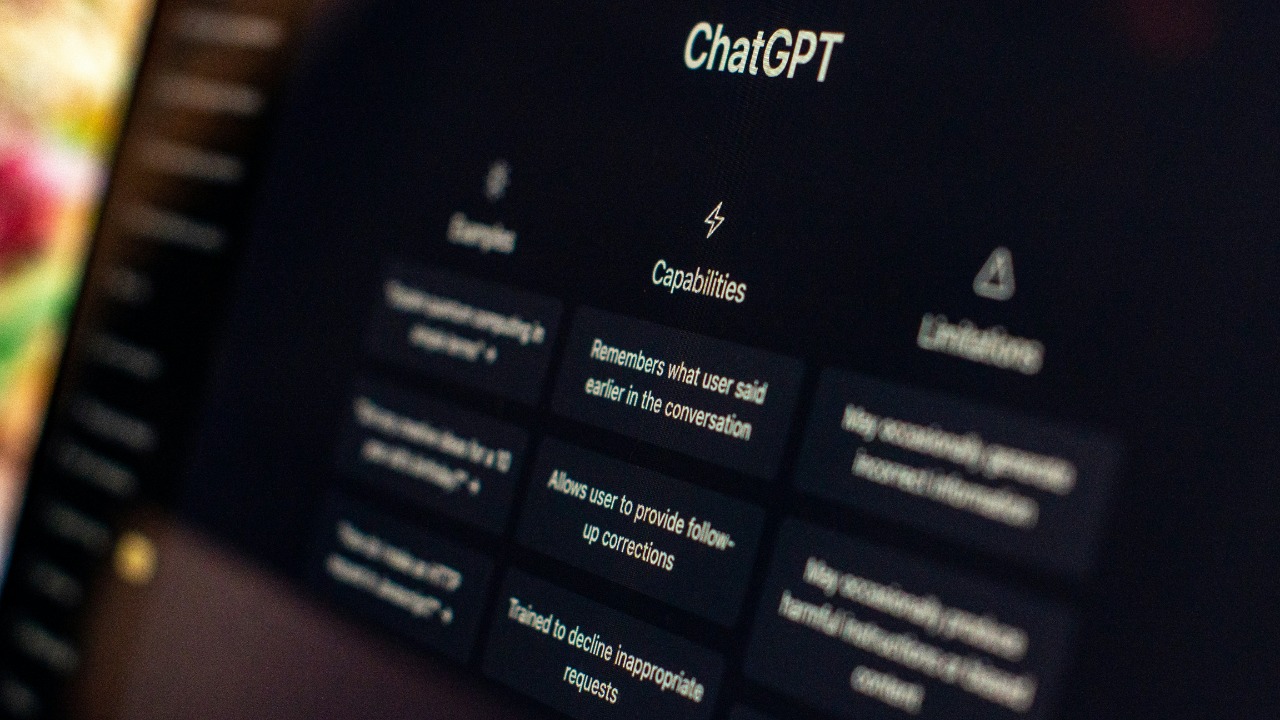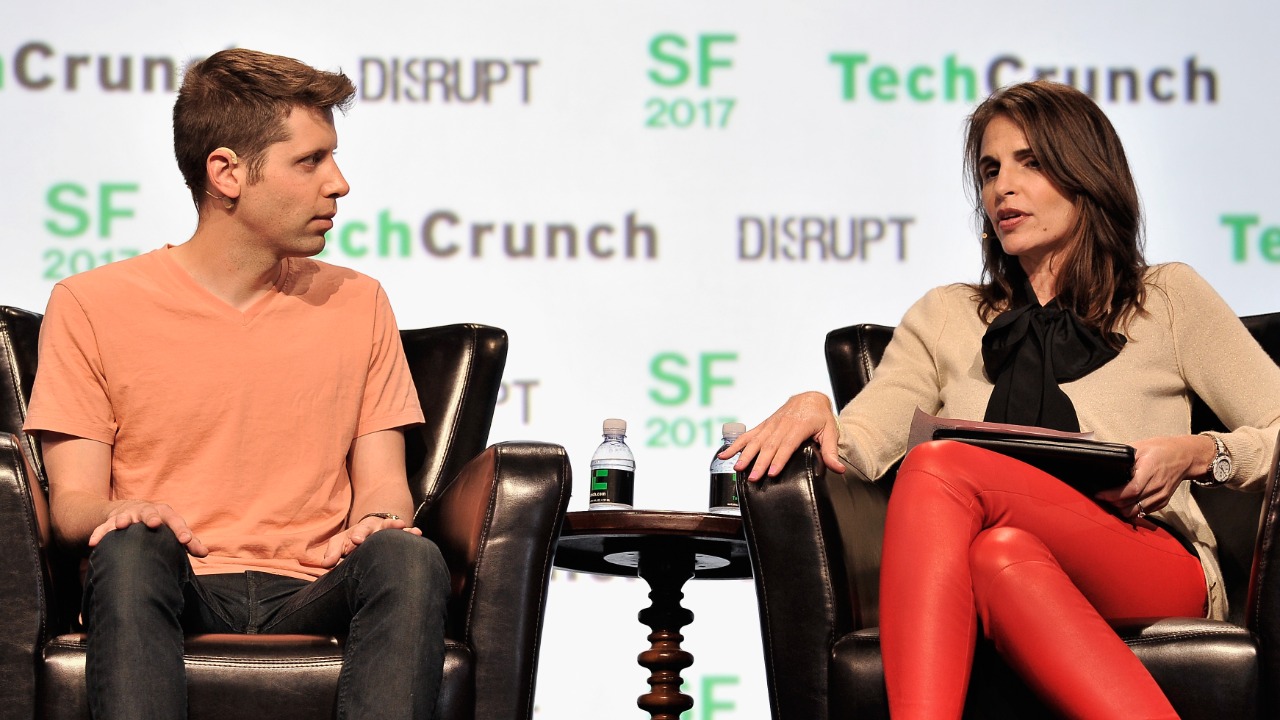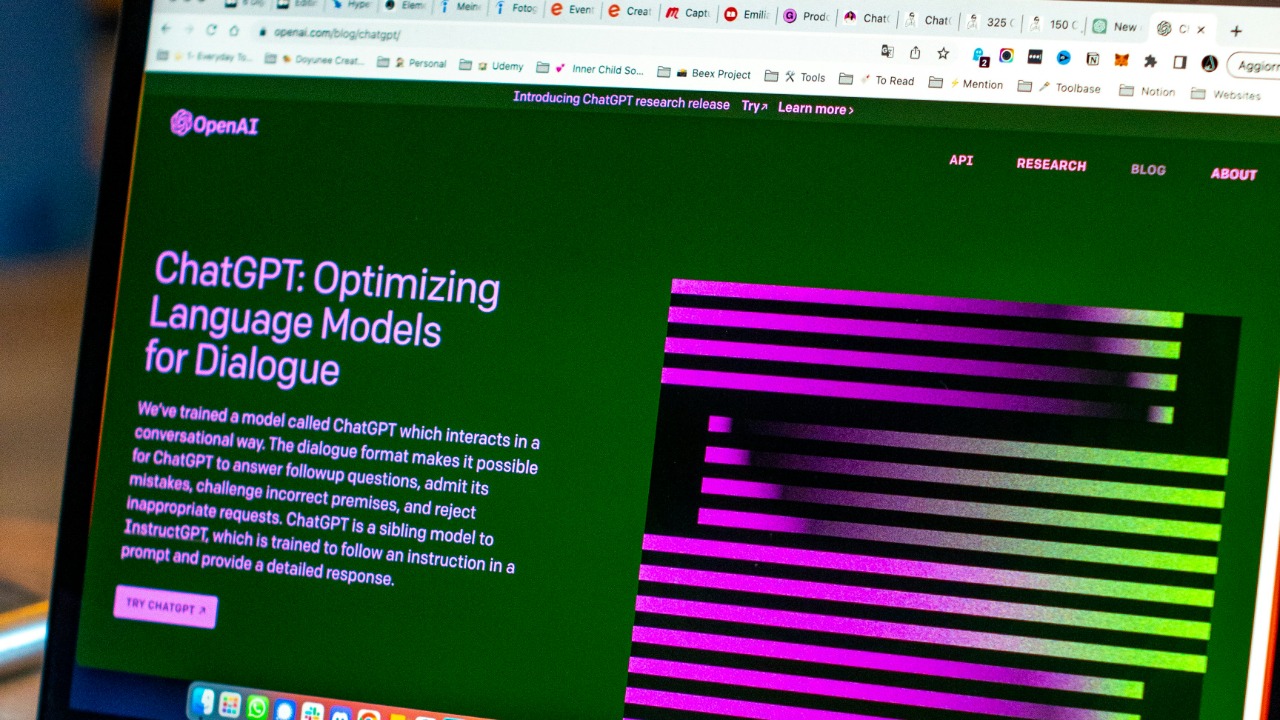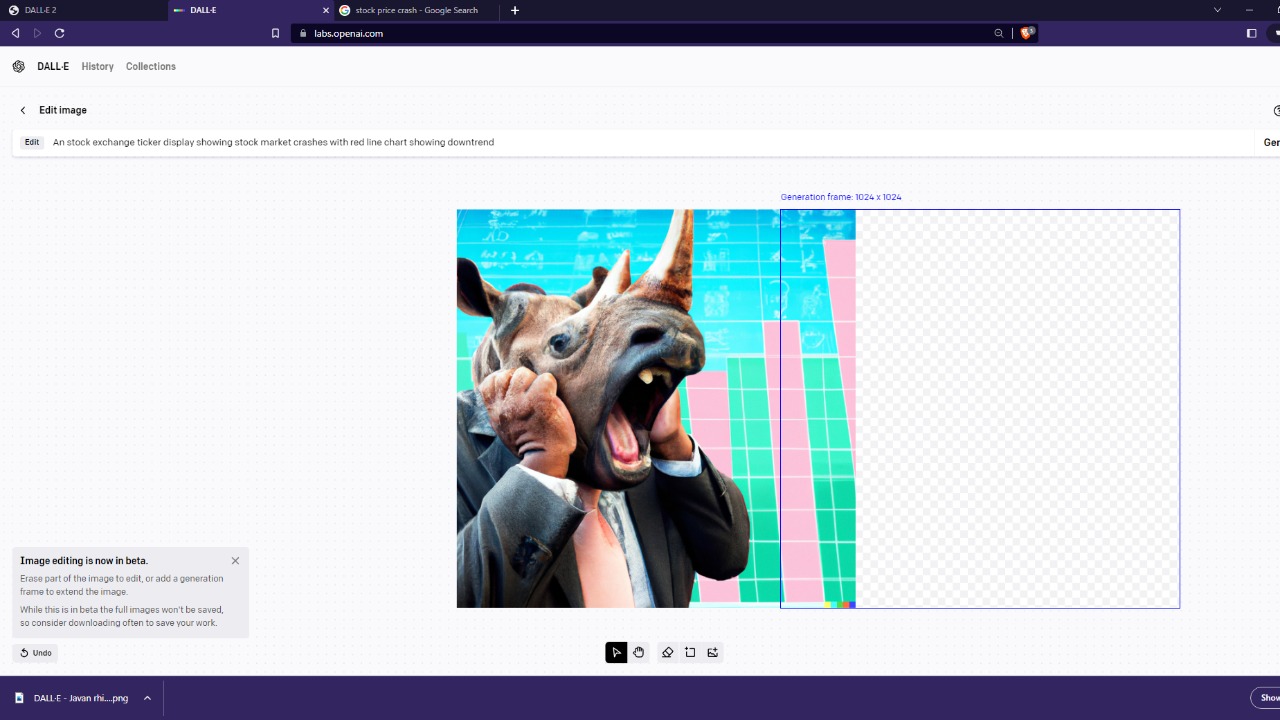In a significant shift from its previous policies, OpenAI has announced plans to update its usage policies for ChatGPT to permit the creation of erotica and other adult content. This change, expected to be implemented in the near future, aims to align with evolving user expectations while maintaining safeguards against illegal or harmful content.source
Background on OpenAI’s Content Policies

Since the launch of ChatGPT in late 2022, OpenAI’s guidelines have undergone several changes. Initially, explicit sexual content was banned to prevent misuse. The policies broadly prohibited “adult content”, which included a wide range of prompts involving erotica or nudity in AI-generated text and images. source
These stringent rules sparked internal debates at OpenAI about balancing innovation with ethical concerns. Executives like Sam Altman have made statements on the importance of content moderation, highlighting the need to strike a balance between user freedom and responsible use of AI technology. source
The Specific Policy Update

The upcoming revision to OpenAI’s usage policy document is expected to explicitly allow “erotic literature” and “sexually explicit dialogue”, as long as it complies with legal standards. This marks a significant shift from the previous policy, which had a blanket ban on adult content. source
However, certain restrictions will remain in place. The policy will continue to prohibit child sexual abuse material, non-consensual imagery, or content promoting violence. The updated policy is expected to include a clause permitting “fictional depictions of sexual acts between consenting adults.” source
Reasons Behind the Change

OpenAI’s decision to revise its policy is driven by several factors. User feedback has played a crucial role, with many users demanding more creative freedom in storytelling and role-playing scenarios. The policy change is seen as a response to these demands. source
Competitive pressures from rivals like Anthropic and Google, which have looser guidelines on adult-themed content, have also influenced this decision. Additionally, potential business motivations, such as expanding the user base among writers and creators of fiction, cannot be overlooked. source
Implementation and Safeguards

The policy update will affect ChatGPT models like GPT-4o, with a gradual rollout planned to monitor for abuse. OpenAI is expected to introduce new moderation tools, including automated filters and human oversight, to enforce boundaries on prohibited content. source
For instance, erotic short stories may be approved under the new policy, while requests for deepfake creation would be blocked. These examples illustrate the fine line between acceptable and unacceptable outputs under the revised guidelines. source
Reactions from Users and Experts

The policy change has elicited mixed reactions. Creative communities, including authors, have welcomed the move, praising the policy for enabling AI-assisted erotica writing. They see this as a step towards greater creative freedom. source
However, safety advocates have raised concerns, warning of risks like increased harassment or normalization of explicit content in everyday AI interactions. Ethicists and AI researchers are also debating the long-term societal impacts of such a policy shift. source
Broader Implications for AI Industry

This shift in OpenAI’s policy could influence other AI developers to relax their content rules, potentially standardizing adult material in generative tools. However, legal considerations, particularly in regions like the EU with strict data privacy laws affecting explicit content generation, will play a crucial role in shaping these policies. source
Looking ahead, there could be future expansions, such as integrating similar allowances into image and video generation models like DALL-E. This would further broaden the scope of AI-assisted content creation. source
Challenges and Ongoing Monitoring

Despite the planned safeguards, potential loopholes in the policy exist. Users may attempt to generate borderline content through creative prompting, posing challenges for content moderation. source
OpenAI has committed to iterative updates based on real-world usage data and incident reports. Community guidelines will play a key role in shaping enforcement, with user reporting mechanisms for violations expected to be an integral part of the system. source